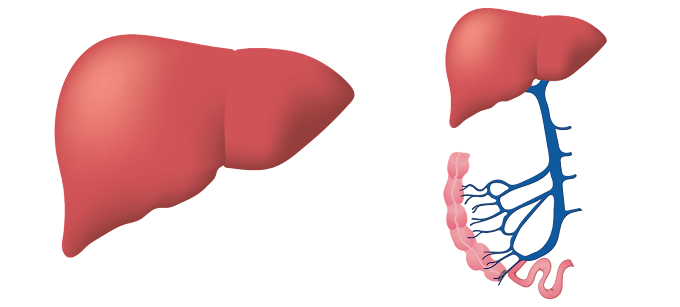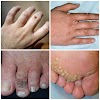
Smooth biennial; stem is smooth purple or purple-tinged;4-9 ft. Leaves with 3 leaflets, each divided again 3-5 times. Upper leafstalks have inflated sheaths. Flowers in large, semi round heads. June-Aug. Found in rich, wet soil, North East (NE) and North (N) Central states. Warning: grows in the same locations as poison Hemlock, so do not collect unless you are certain.
Properties:
Carminative,
diaphoretic, emmanagogue, stimulant, alliterative, expectorant, tonic.
What it affects: Circulation, heart, stomach, Intestine,
and lungs.
Preparation
and amount:
Infusion (leaf): Steep herb 15 min. Drink 1-2
oz (fluid ounce).3 times daily.
Decoction (root): Simmer 10-15 min. Drink 1-2 oz. 3
times daily.
Tincture: Take 5-15 drops 3 times daily.
Fluid extract: Take ½ -1 tsp. 3 times daily.
Powder: Take 3-5 #0 (15-30 grains) 3 times
daily.
Purposes:
Internally, angelica tea improves circulation and
warms the body. It is one of the best herbs to use for coldness in the winter.
Its regular use will create distaste for alcoholic drinks.
Angelica tea stimulates appetite, relieves
flatulence, heartburn, and muscle spasms (including spasms of the stomach and
bowels), and stimulates kidney action. It is useful for all sorts of stomach
and intestinal difficulties, including ulcers, vomiting, and stomach cramps. It
can also be used for intermittent fever, nervous headache, colic, and general
weakness. It is a good herb to add to treatments for lung diseases, coughs,
colds, fevers, pleurisy, and all lung diseases.
Externally: angelica tea is useful in the
treatment of rheumatism, with pint of boiled water poured over an oz. of the
bruised root. The usual dose is 2-3 tbsp. 3 times daily.
Note: Gather the root-stock and roots in the
second year
Warning:
Used in large doses, angelica has a negative effect on blood pressure, heart
action, and respiration. It is a strong emmenagogue and should avoid angelica,
as it tends to increase the sugar in the blood. Be cautious when harvesting the
plant in the wild, because it can be confused with European water hemlock,
which is deadly poison. There is a second herb, called “angelica” (Angelica sylvestris) ; but it is a
different herb, with different properties, and used far less by herbalists
 |
| Angelica Sylvestris |







1 Comments
Dietary supplements include vitamins, minerals, herbals and botanicals, amino acids, enzymes, and many other products. Not all herbs and supplements are safe, especially if you have certain medical conditions or take some drugs. Find out which ones you may need to skip. ayurvedic supplements online
ReplyDelete